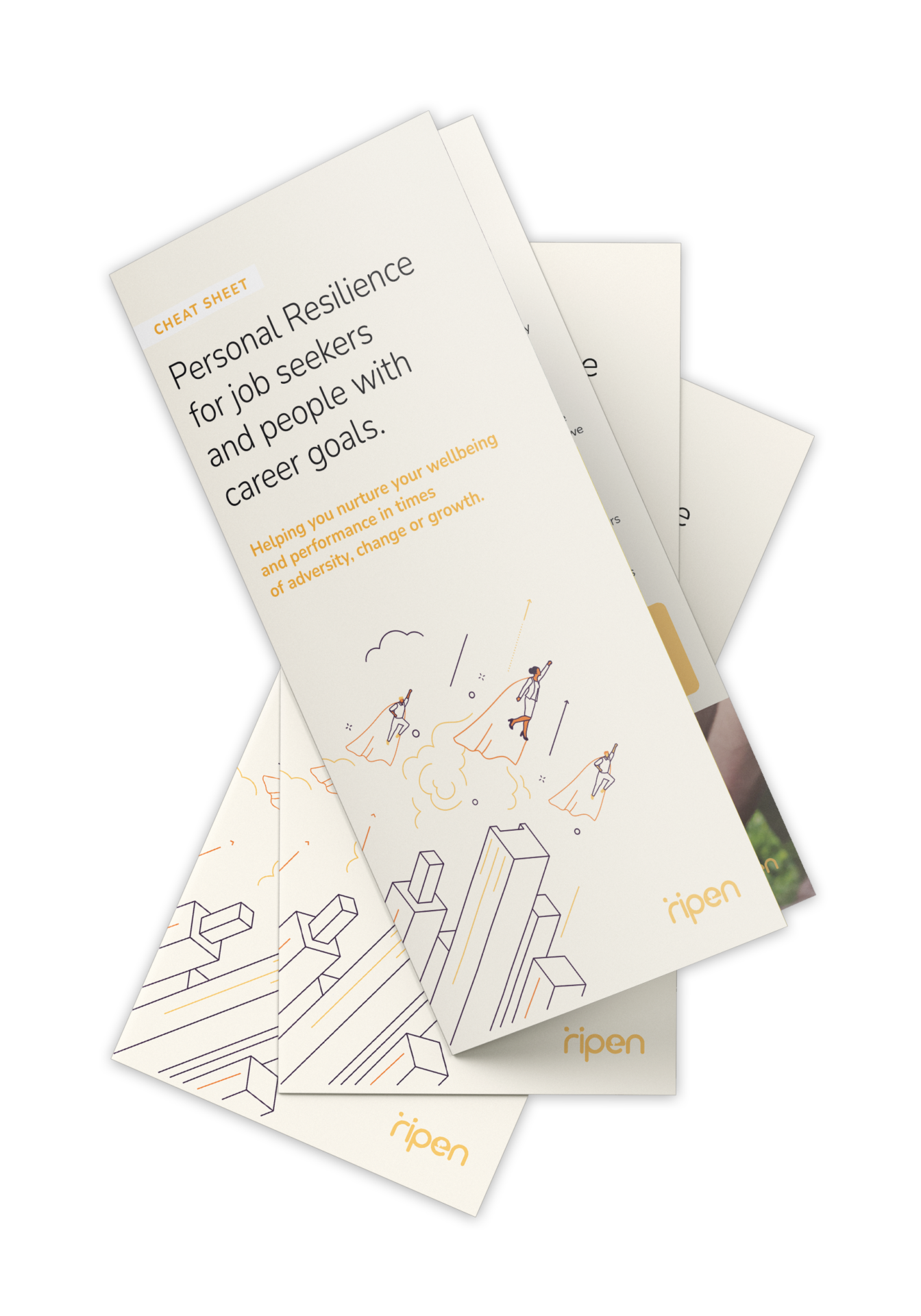1. Perspective
One of the key reasons we experience stress is a tendency to focus on things that are beyond our control. This leaves us feeling powerless and drenched in worry, leading to a flood of concerns and in-turn, stress. More than ever, situations outside our control are dictating how we live and work. However, it is not the situation, person or event that affects your emotions, but your interpretation of the situation, person or event that affects your emotions. Read that again. Put another way, two people can be experiencing the exact same situation but their perspective of the situation, and in turn their stress response, can be completely different.
2. Demands
When feeling pressured by the demands at work or faced at home, you may even extend these demands to your teammates or loved ones. Everyday has it’s demands, some more than others. But there could be times that you impose unrealistic expectations on yourself, and on others, leading to an increase in stress levels. Unrealistic demands make work outcomes unachievable and the required effort unrelenting, which creates a virtuous cycle of increasing stress levels and eroding Individual Resilience.
3. Burnout
According to Psychologist Jeremy Sutton, Ph.D., Burnout is recognized as “a break between what people are and what they have to do, and it is typically experienced as emotional exhaustion or depersonalization.” Although times are harder these days, especially for business professionals and leaders juggling work and home life, you and your team may be doing more harm than good by slaving away and working 24/7. Stress often results from not prioritising self-care, or not allowing space for energy and wellbeing to recover after extend periods of effort.
4. Mindset
Mindset is the collection of thoughts and beliefs that shape how you experience the world. Your mindset is fluctuating moment to moment as you experience different situations and interpret what you are experiencing. Stress may develop if you are not consciously aware of how your mindset is affecting your emotions and responses. Less resilient people do not effectively regulate their thoughts and emotions, leading to a mindset that is susceptible to outside situations, people and information that erodes their psychological wellbeing and personal Resilience.
5. Media
Being aware of current events happening locally and across the world, may be one of the ways you stay connected socially. But if you are regularly exposed to the bad news that dominates todays mainstream media, then your fear and anxiety levels escalate, and so does your risk of feeling stressed. Consumption of media can affect your sleep, appetite, and how you perform at work. Unchecked consumption of gloom-ridden news, now referred to as ‘Doom Scrolling’, can result in negative socio-psychological impacts on you and those around you.
6. Purpose
Another reason for stress is a reduced sense of purpose or lack of hope in the future. In the midst of a global pandemic, wars across Europe, extreme weather events such as bush fires and floods, you may have reservations about what the future may bring or what role you play in this world. This may contribute to your growing personal apprehension, which can lead to hopelessness and stress, and in the long run anxiety and depression – limiting your ability to recognise and harness your personal strengths and tap into your individual Resilience.
7. Insecurity
With all the uncertainties faced today, you could easily feel worried about not being able to provide for yourself, for your loved ones or for your team. This insecurity stems from ongoing threats to basic needs like finances, health, and social connections which results in stress. Feeling insecure can also trigger self-doubt and anxiety when trying to accomplish or achieve something. You could say that the only security for ourselves in today’s world is getting used to insecurity.

